Considerations from previous outbreaks of Ebola, Cholera, Rift Valley Fever, Influenza and SARS.
This collection collates reports, case studies and tools from the ‘Social Science in Epidemics’ series. In this series, different aspects of past disease outbreaks are reviewed in order to identify social science ‘entry points’ for emergency interventions and preparedness activities.
The case studies compile successful examples of integration of social science knowledge into operational responses.
The collection also includes a series of tools that enable social scientists and practitioners to identify key considerations from a social science perspective when designing or implementing epidemic response activities in a particular context.
Sign up to our newsletter
Strengthening Health Information Surveillance: Implementing Community-Based Surveillance in Sudan
Citizen Ethnography in Outbreak Response: Guidance for Establishing Networks of Researchers
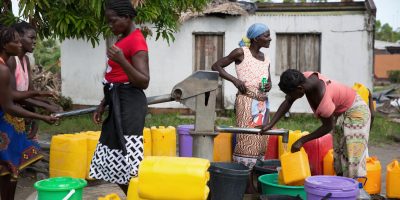
Enhancing Community Engagement Through Data Collection: Controlling the Cholera Epidemic in Mozambique
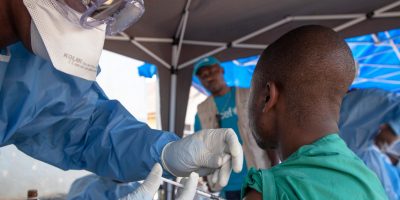
Social Science Research for Vaccine Deployment in Epidemic Outbreaks
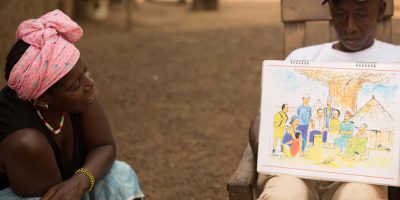
Rapid Appraisal of Key Health-Seeking Behaviours in Epidemics
![On 10 April 2020, Turusew Getahun, a social worker, works to identify, profile and register unaccompanied children and youths at the Civil Service University in Addis Ababa, Ethiopia. The centre is being used to quarantine returnees to the country, amidst concerns about the spread of COVID-19. Many of the returnees had sought work in Saudi Arabia, were victims of human trafficking along the way, and were subject to captivity and deportation upon reaching Saudi Arabia.
All unaccompanied minors are classified as vulnerable migrants, which is the social workers, in addition to profiling and registering them, identify their needs, look for signs of abuse requiring follow-up services, and obtain information about their families. The latter information is important for initiating a detailed assessment, family tracing, and reunification. In cases where a reunification with the family is not possible, alternative care arrangements are explored in cooperation with social workers or community service workers in their places of origin. Turusew says she looks forward to reuniting the children with their families when the quarantine is over. In the meantime, she wants them to be protected from COVID-19 during their quarantine. “Although information [about COVID-19] is being given to all returnees, children require specific support and child-focused messaging to help them understand how to protect themselves from the virus,” she says.
As of 14 April 2020, Ethiopia has reported 82 confirmed cases of COVID-19 in the country, with 3 deaths. In recent weeks the country has seen a surge of returnees to the country, due to the global situation. All returnees are now being placed in a mandatory 14-day quarantine. The sudden surge in returnees is straining local capacities, especially the health system. Some 2,780 returnees have been registered and quarantined at various centers the government has set up in Addis Ababa. An additional 300 returnees per day are expected in the comi UNICEF/Tesfaye](https://www.socialscienceinaction.org/wp-content/uploads/2020/04/UNI320537_Nahom-tesfaye-400x200.jpg)
Rapid Anthropological Assessments in the Field
![On 5 November, in the initial phases of U-Report's launch in Liberia, two adolescent girls who have been raising awareness of the technology among other youths record on paper the mobile numbers of new users, in the West Point neighbourhood of Monrovia, the capital. They used the traditional route of gathering new user data during a system outage. Part of the rollout process included identifying lingering glitches in the system. The adolescents are UNICEF-supported social mobilizers from the group Adolescents Leading an Intensive Fight against Ebola (A-LIFE); they underwent UNICEF training on U-Report and on how to use the technology to track data on EVD as well as on sexual health and teen pregnancy.
In November 2014, Liberia remains one of three countries in West Africa experiencing widespread and intense transmission of Ebola virus disease (EVD). UNICEF continues to support social mobilization efforts to raise awareness of the disease, its symptoms and how to prevent its spread all of which are critical to curtailing the unprecedented outbreak. U-Report, a text-based communication platform previously developed by UNICEF, was customized and deployed for use within Liberias mobilization efforts. Using Short Message Service (SMS), U-Report allows individual subscribers to ask questions about issues, to get real-time answers and to share information with other users U-reporters across the country. By giving people a new and effective platform for communication, it is intended to strengthen community-led development, citizen engagement and behavioural change. [Note, this story captions applies to all images below.] UNICEF/Jallonzo](https://www.socialscienceinaction.org/wp-content/uploads/2017/01/UNI174451_Med-Res-400x200.jpg)
Rapid Remote Context Analysis Tool (RR-CAT) in Epidemics
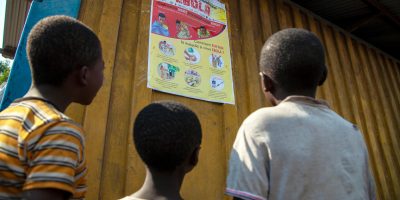
Real-Time Ebola Community Feedback Mechanism
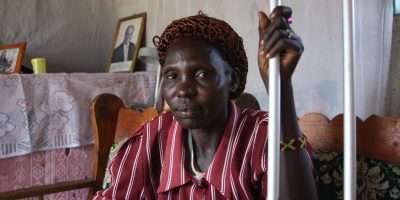
Understanding Sociocultural Dynamics to Enhance Control of Rift Valley Fever (RVF) Epidemics in Kenya
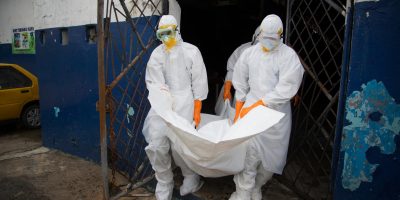
Balancing Burial Rituals with Public Health Demands During the 2014 Guinean Ebola Epidemic
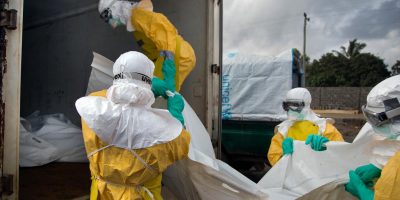
Learning the Lessons of Crisis: Mobilising Knowledge During a Global Health Emergency
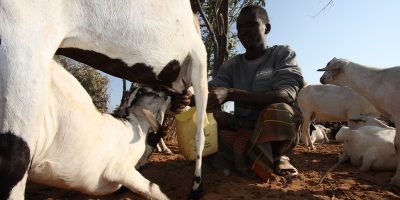
Rift Valley Fever: Local Knowledge, Health-Seeking Behaviours and Attitudes Towards Vaccination in Southern Uganda
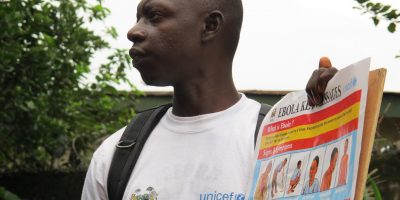
Building a Community Health Worker Programme During the Ebola Outbreak in Sierra Leone
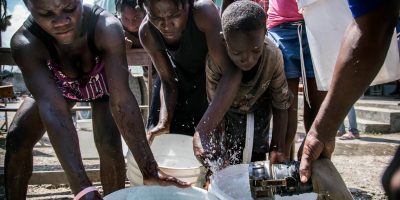
Participation with a Cholera-Exposed Population in Haiti: Finding their Own Solutions
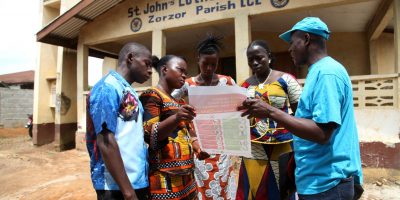
Beyond the Biomedical: Ebola Response and Recovery Through a Psychosocial Lens
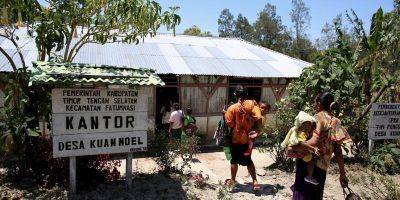
People, Poultry and Pandemics: Risk Communication and Community Engagement in Indonesia
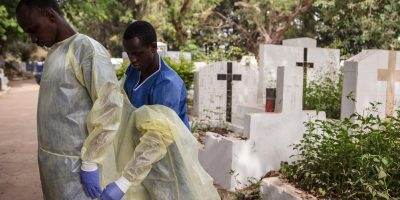
Assessing Key Considerations for Burial Practices, Death and Mourning in Epidemics
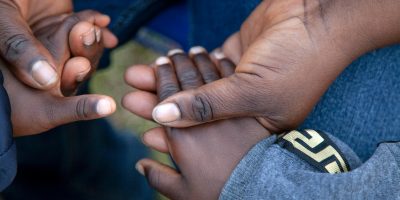
Taking a Psychosocial Approach to Epidemic Response
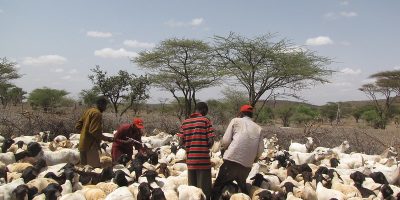
Social Science in Epidemics: Rift Valley Fever Lessons Learned
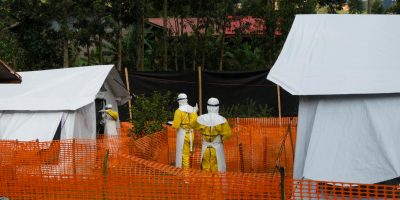
Social Science in Epidemics: Influenza and SARS Lessons Learned
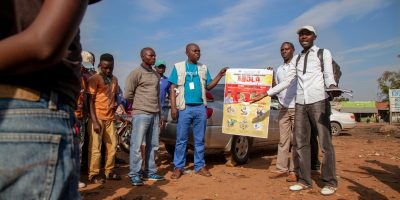
Social Science in Epidemics: Ebola Virus Disease Lessons Learned



